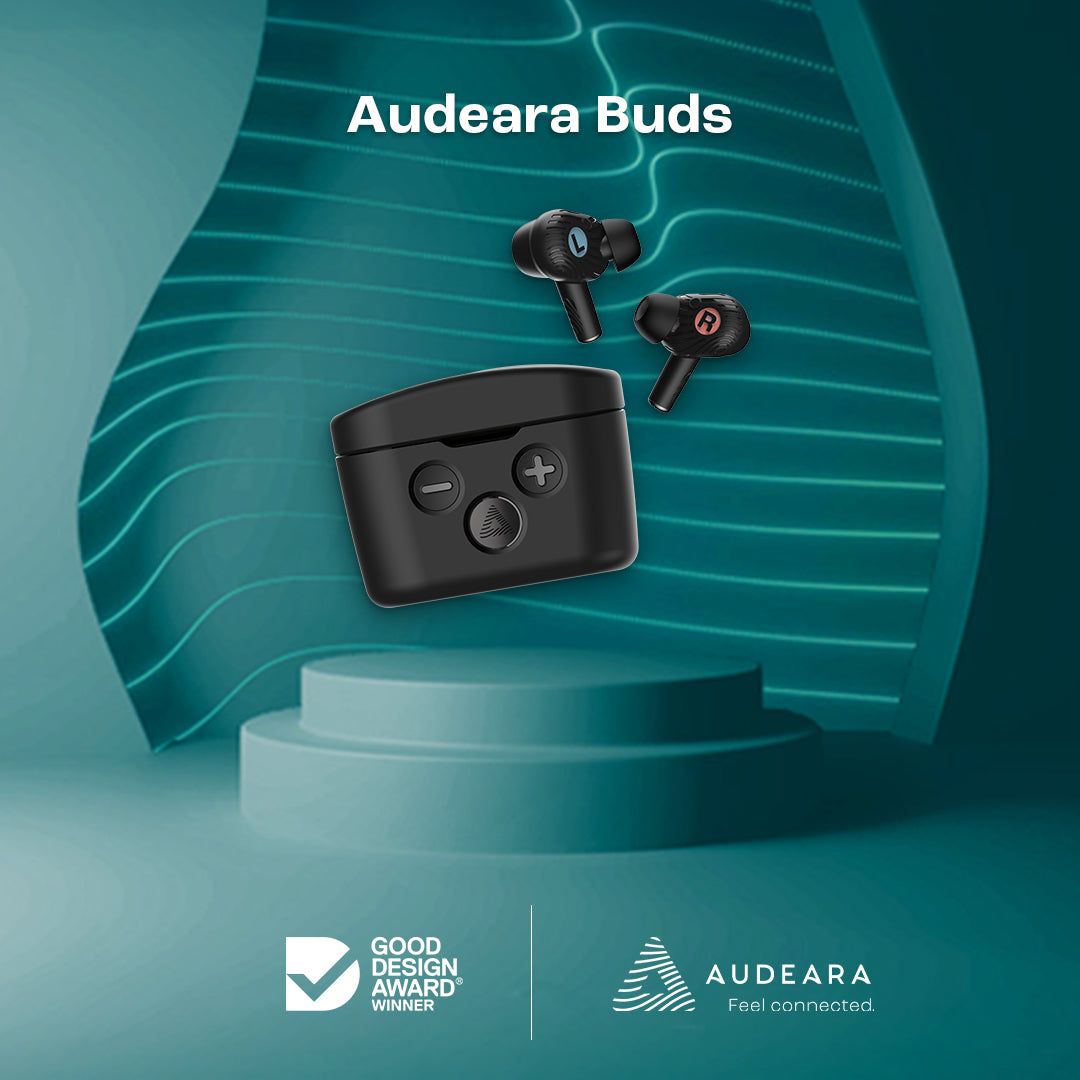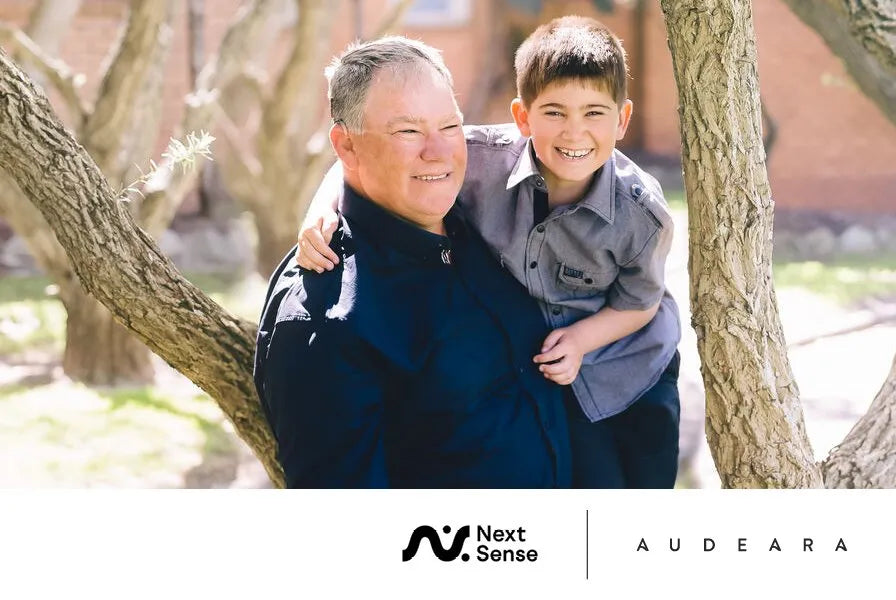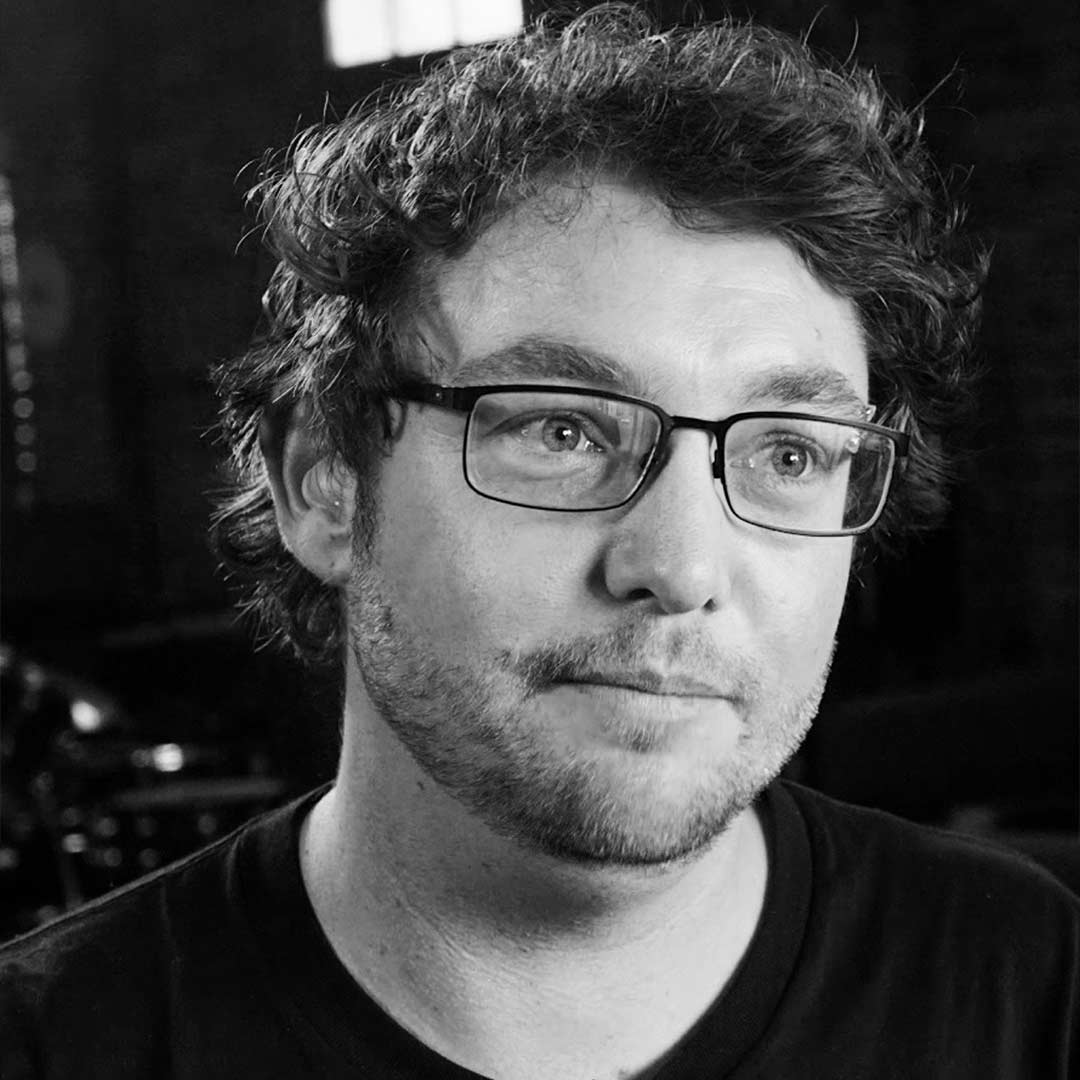“I remember when it happened. It was 1995 and I was watching Bernard Fanning about to belt out ‘Pick you up’ on stage at a Powderfinger concert. I had the perfect view of the band, right next to the speaker. When Bernard sang the first note, I realised I was too close to the speaker – it really hurt my ears. I sacrificed my perfect view by moving away from the speaker but I think it was too late – the damage was done. That night after the concert, I remember a constant ringing reverberating in my ears. It lasted into the next day….”
Noise is all around us. What we might not realise, is that some of our favourite sounds, the formula one cars trackside, Bernard blasting through the speakers in the stadium, they can carry with them the potential to permanently damage our hearing, even after only a very short time.
When we hear a sound, energy moves into our ears and tiny cells in our inner ear move in response to the vibration that is created. Sounds that are too loud or last for too long, can cause permanent damage to these cells, preventing the message being communicated from our ears up to our brain. This is hearing loss.
So how can you help protect your hearing now, so you can enjoy Powderfinger right up into your 90’s?
Here’s 5 healthy hearing habits your future self will thank you for.
1. Turn it down!
If you’re listening to music through your headphones, hold them in your hand with your arm outstretched. If you can clearly hear the music, it’s too loud. If you are at a party or in a loud environment, and having trouble hearing someone from one metre away, the sound may be at damaging levels.
It’s important to take regular listening breaks (time away from noise) to ensure your brain and ears have adequate time to recover.
2. If you can’t control the volume, use hearing protection
Ear plugs or mufflers should be used when you’re exposed to loud sounds. This can be a home power tool like the lawn mower, on a job site (e.g. construction zone) or at concerts or nightclubs. Though there is some debate about which are the most effective, the best hearing protection is the one you have available and will actually wear.
3. Don’t put anything smaller than your elbow into your ears
This includes cotton ear buds! Despite common misconception, our ears don’t need to be regularly cleaned. In fact, the wax in our ear canals actually works to protect our delicate middle and inner ear structures. Chat with your doctor or an audiologist if your ears feel blocked or itchy or if you have any other concerns.
4. Know the signs and symptoms of hearing loss and be sure to engage a health professional early if you have any concerns
One of the most important parts of hearing loss prevention is knowing when you are at risk and what early changes to look out for.
Getting to know the signs and symptoms of hearing loss can benefit you and your family. The earlier intervention and support is provided, the less impact it’s likely to have on your long term quality of life.
Early changes to our hearing can include difficulty hearing conversation in background noise, trouble hearing the television or needing to concentrate harder when visual cues are removed (e.g. when talking over the phone or the speaker turns away).
Other symptoms of damage to our inner ear can include a high-pitched ringing or buzzing in our ears (tinnitus) or a feeling that our ears are blocked. Often it is close family and friends who notice these changes first so it’s important to take note if your communication partner raises concern.
5. Check your hearing!
Even if we know what to look out for, changes to our hearing are usually so gradual we don’t even notice. That’s why it’s important to have our hearing checked regularly. To find a registered audiologist near you, use Audiology Australia’s ‘find an audiologist’ tool here.
The Audeara app and headphones can also be used as a screening tools for hearing loss, with the added benefit of personalised sound, allowing you to listen safer for longer.




